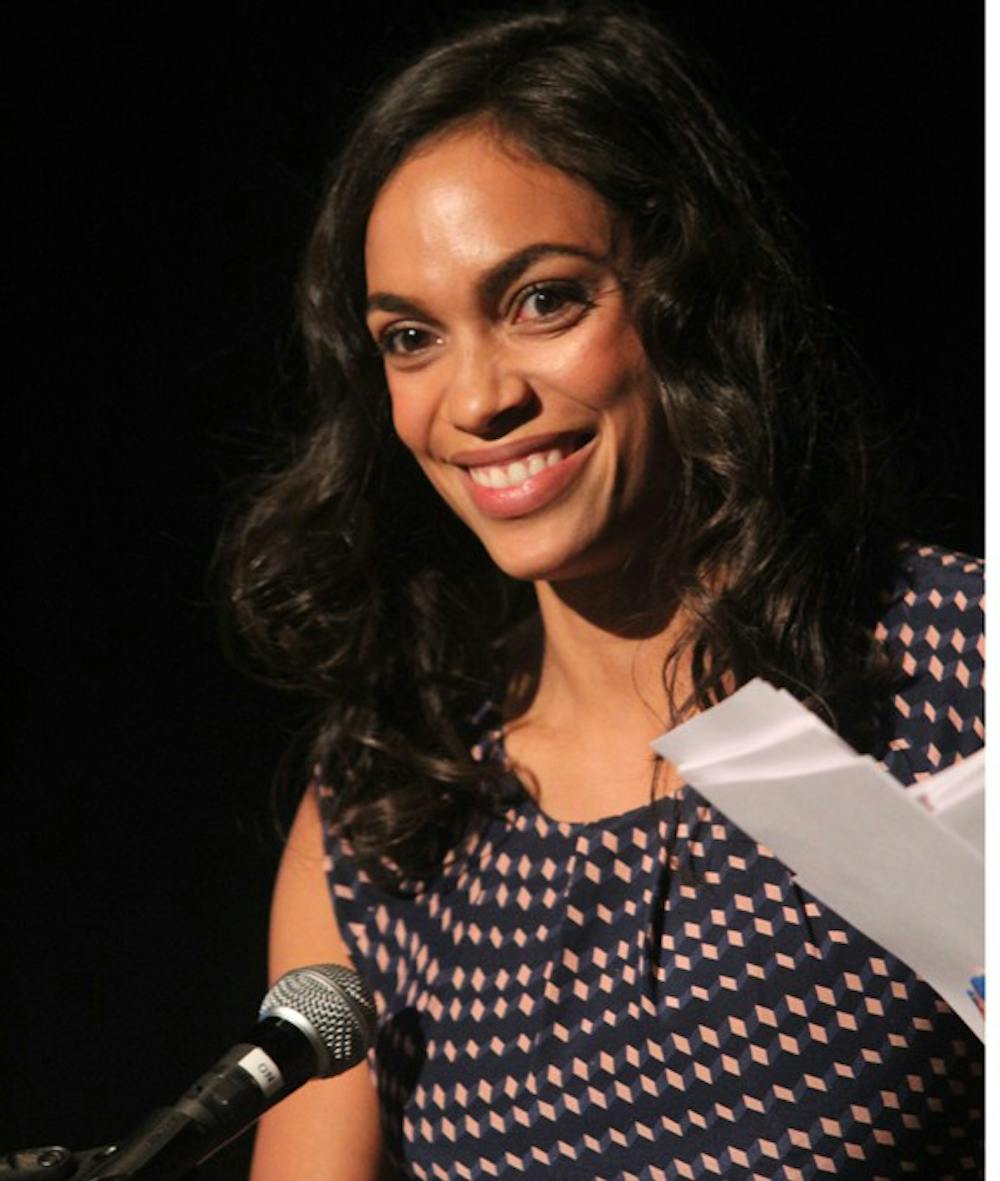CHARLOTTE — Prominent Latinos such as actress Rosario Dawson and Los Angeles Mayor Antonio Villaraigosa are sharing a common message at the Democratic National Convention in Charlotte this week — that Latino voters represent a rising political force.
It’s a point Republicans like Susana Martinez, the nation’s first Latina governor, also appealed to during last week’s Republican convention in Tampa, and it’s one that resonates in North Carolina.
The state has added 30,000 people who self-identify as Hispanic voters to its rosters since 2008, according to N.C. Board of Elections data. While Hispanics represent only about 99,000 of 6.4 million registered voters in North Carolina, their ballots could be crucial in a state President Barack Obama won by about 14,000 votes in 2008.
And Latinos’ importance will only increase as young Hispanics born after their parents immigrated in the U.S. grow into voting age, said Greg Weeks, a political science professor at UNC-Charlotte who studies Latino immigration.
Latinos will probably vote Democrat in 2012, Weeks said, but neither party has the group’s loyalty guaranteed in the long run — and as both liberals and conservatives recognize the demographic’s power, they are vying for Hispanics’ allegiance.
“Both parties need to earn the Latino vote,” said Hector Sanchez, executive director of the Labor Council for Latin American Advancement, during a policy presentation at the convention. “The Latino community will not follow any party or candidate because she is the lesser of two evils.”
Demographic changes
The number of Hispanic voters registered in North Carolina grew by 44 percent between December 2008 and Sept. 1, 2012, according to N.C. Board of Elections data, compared to a 4 percent increase in black voters — and just a 0.3 percent increase in white voters.
Though Latinos make up 9 percent of the state’s total population, they account for only about 2 percent of the state’s registered voters, which Weeks said is partly because many older Latinos are undocumented. Of those who are eligible, most were registered by Democrat grassroots campaigns last election, said Tom Jensen of Public Policy Polling, meaning parties must register college-aged Latino voters who have since turned 18 to increase their voting bloc.




